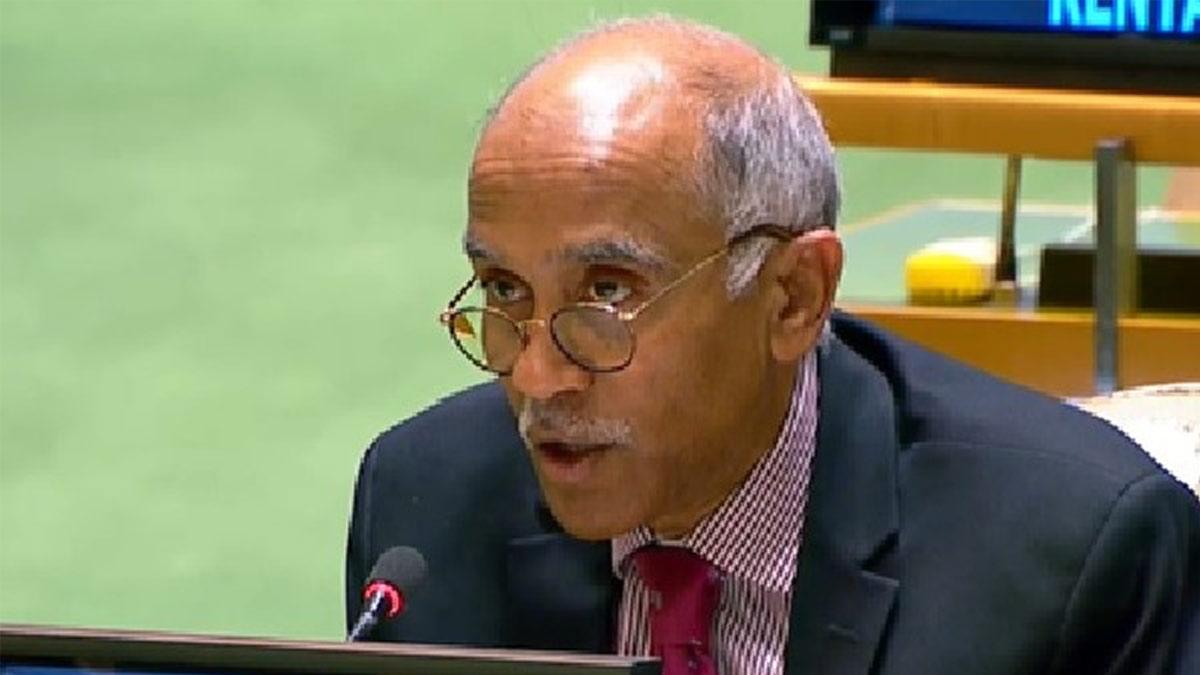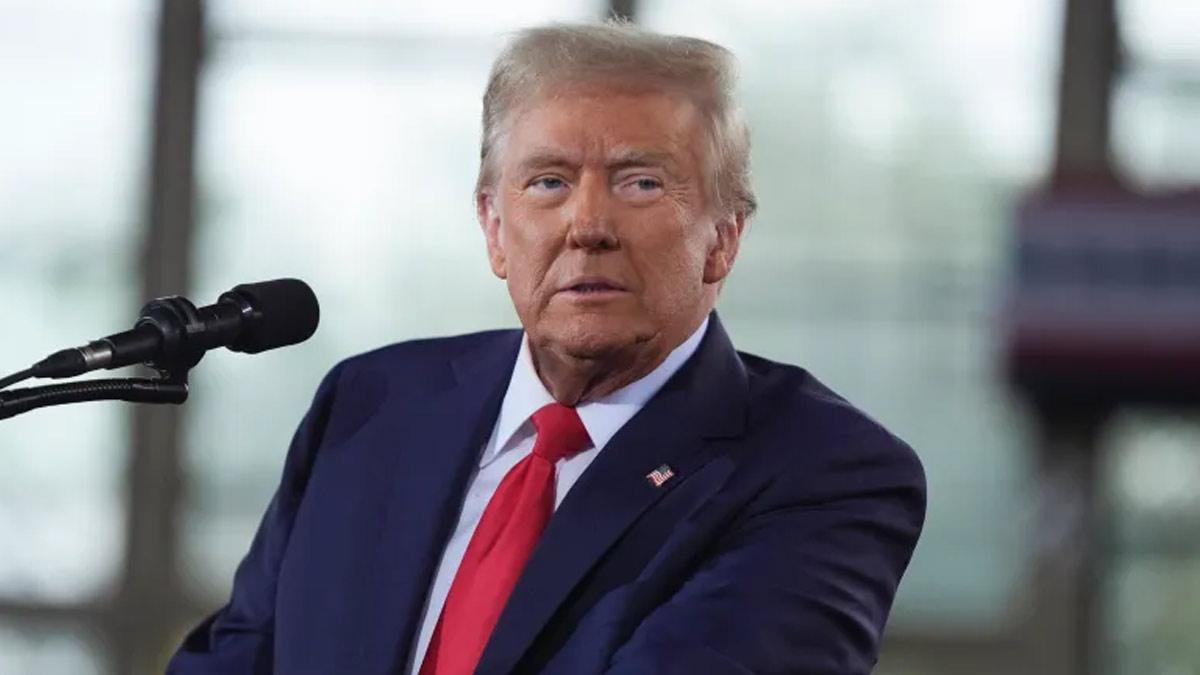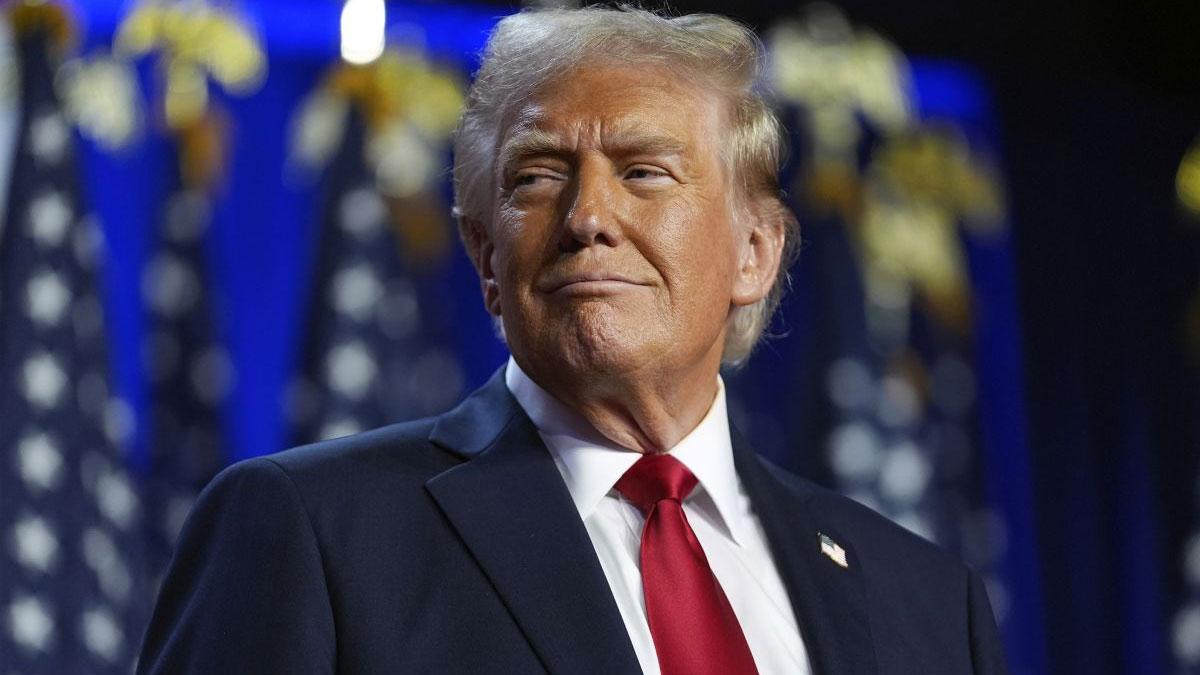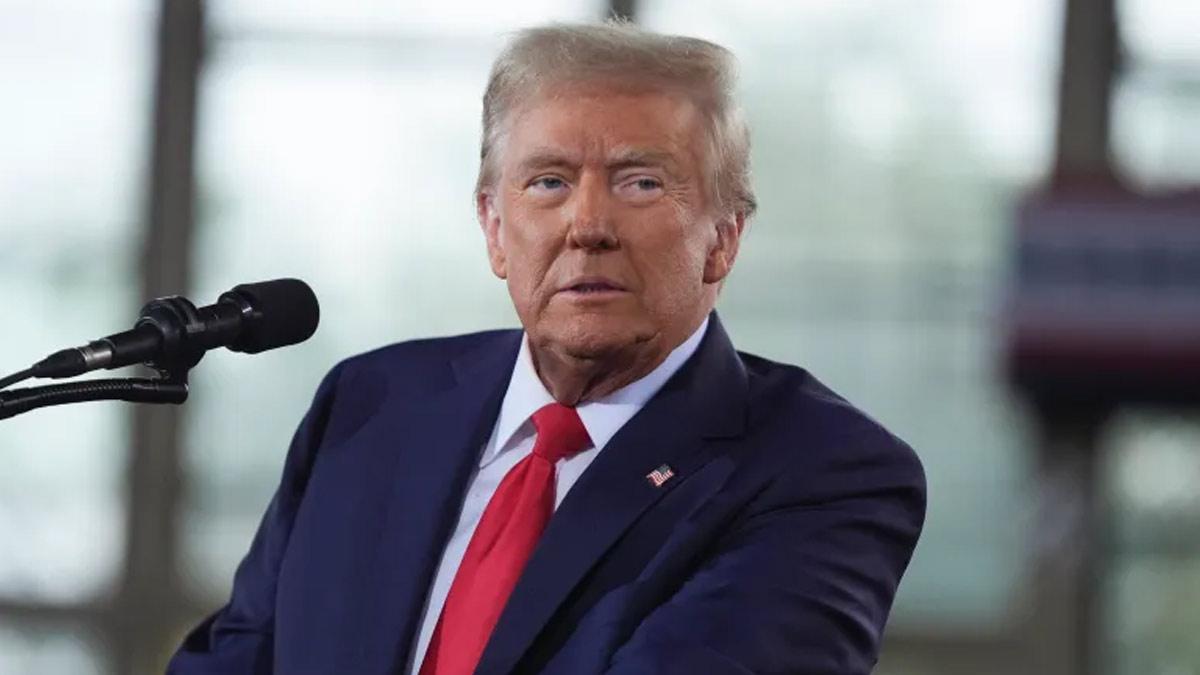India has pushed for a more comprehensive strategy to counter religious bigotry and has placed a high priority on combating hatred towards all religion.
Calling attention to violence against religious communities and religious sites, India's Permanent Representative, P Harish, underscored on Friday, "We strongly believe that the path to meaningful progress [in combating bigotry] lies in recognizing that religiophobia in its many different manifestations endangers the fabric of our diverse, global society."
Addressing a United Nations General Assembly event to commemorate the International Day to Combat Islamophobia, he emphasized that "it is important to acknowledge that religious discrimination is a more general challenge that targets adherents of all religions."
Harish added, "As we mark this day, let us not forget that the struggle against Islamophobia cannot be separated from the wider struggle against religious discrimination in all its manifestations."
In support of the day's theme, he reasserted India's position, stating, "We stand together with the UN membership in condemning acts of religious intolerance against Muslims."
With one of the largest Muslim populations on the planet—more than 200 million—India is a diverse array of religions. It is also the homeland of Hinduism, Buddhism, Jainism, and Sikhism, he added.
"Encouraging a world free of religious discrimination, intolerance, and violence has been the way of life for India from time immemorial," Harish stated.
This tradition since time immemorial has directed India's support for the "Declaration on the Elimination of All Forms of Intolerance and of Discrimination Based on Religion or Belief" adopted by the UN General Assembly in 1981.
Calling for a wider and more universal global movement against bigotry, he said, "In a more divided world, the United Nations is conceived as an institution that stands above divisions."
In keeping with the UN's fundamental mission of peace, security, and development, Harish underscored that "any discussion on matters of faith must aim to unite, not divide."
Deploring the "alarming increase in violence against places of worship and religious communities," he urged universal adherence to equality, saying, "All nations need to make a commitment to equal treatment of all their citizens and refrain from adopting policies that encourage religious discrimination."
Moreover, he emphasized the importance of education in eliminating prejudice, saying, "We must also see to it that the education system does not promote stereotypes or encourage bigotry."
In the past, the UN has targeted efforts against religious discrimination mainly on the three Abrahamic religions of Judaism, Christianity, and Islam. India has in the past criticized the exclusion of Hinduism, Buddhism, Sikhism, and Jainism from such discussions.
Even UN Secretary-General Antonio Guterres has mostly focused his comments on attacks on the Abrahamic faiths. In Bangladesh for an iftar with Rohingya refugees, he said, "As Muslims across the world gather to celebrate the holy month of Ramadan, many do so in fear – fear of discrimination, exclusion, and even violence."
But without naming any particular non-Abrahamic faiths, he added, "This is part of a broader plague of intolerance, extremist ideologies, and violence directed against religious groups and vulnerable communities."
"When one group is targeted, the rights and freedoms of all are under threat," Guterres maintained.
General Assembly President Philomen Yang also confirmed the danger posed to Islam by extremist groups, which he described as propelling Islamophobia.
"Extremists are weaponising Islam to promote fear and hate in order to pursue their evil objectives," he stated. "This is dangerous for the overwhelming majority of Muslims as well as other peaceful practitioners."
He also cautioned against the politicization of religion for evil agendas, saying, "We cannot accept the misuse of Islam for evil purposes.
Meanwhile, he called for action against discrimination of Muslims, claiming, "Nor can we let Islamophobia whip up unwarranted hatred and violent attacks against a whole community."
Yang wound up by identifying the larger pattern of religious discrimination globally, pointing out, "Today, we witness a alarming increase in discrimination and violence against not just Muslims but many religious communities across the globe."
Read also| Indian Student ‘Self-Deports’ from U.S. After Visa Revocation Over Palestine Protests


















